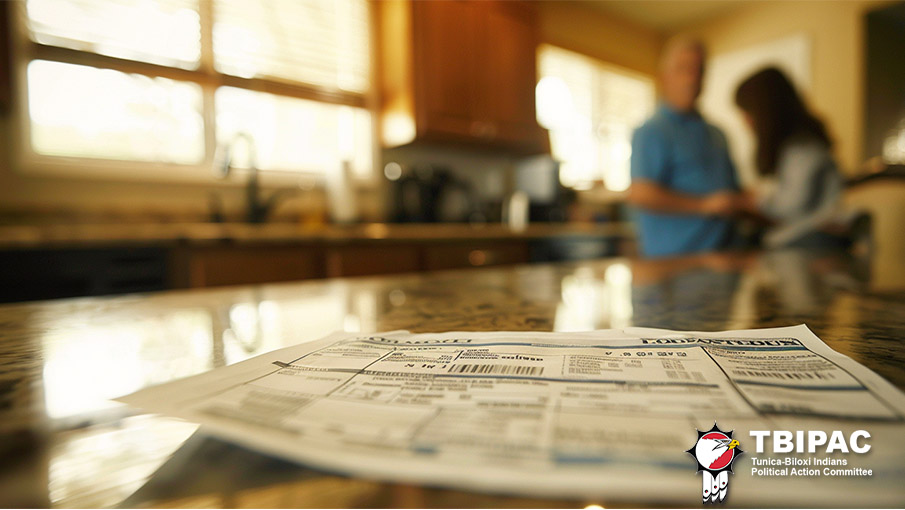In a 5-4 decision, the U.S. Supreme Court ruled that Native American tribes are entitled to reimbursement for healthcare administration costs. The San Carlos Apache Tribe and Northern Arapaho Tribe brought the case, arguing that the Indian Health Service (IHS) should cover indirect costs incurred in providing services, even if funded by third-party sources like Medicare.
Chief Justice John Roberts, writing for the majority, emphasized that the 1975 Indian Self-Determination and Education Assistance Act (ISDA) mandates IHS to pay these costs. He noted that not covering them would lead to financial shortfalls for the tribes. Justices Sotomayor, Kagan, Gorsuch, and Jackson joined Roberts, while Justice Kavanaugh filed a dissent.
The decision underscores the importance of self-determination contracts that require tribes to enhance services using program income. Following the ruling, Secretary of Health and Human Services Xavier Becerra urged Congress to consider mandatory funding for IHS to ensure stable financial support.
The National Congress of American Indians, the Native American Rights Fund, and the National Indian Health Board praised the decision as a victory for tribal sovereignty and self-determination. They emphasized the need for Congress to secure adequate funding for IHS to honor this commitment.
The case was argued by Jenner & Block, representing the Northern Arapaho Tribe. The Supreme Court's decision supports tribal sovereignty and aims to ensure health care resources for underserved communities.








